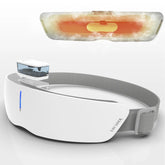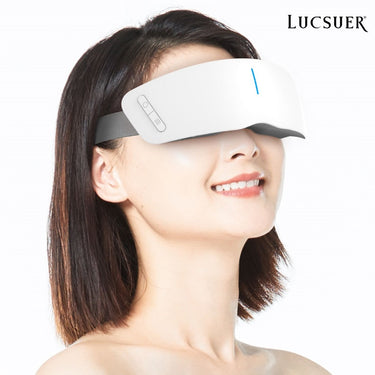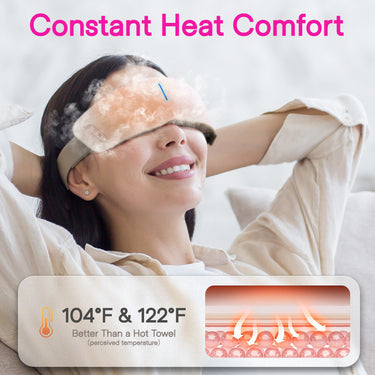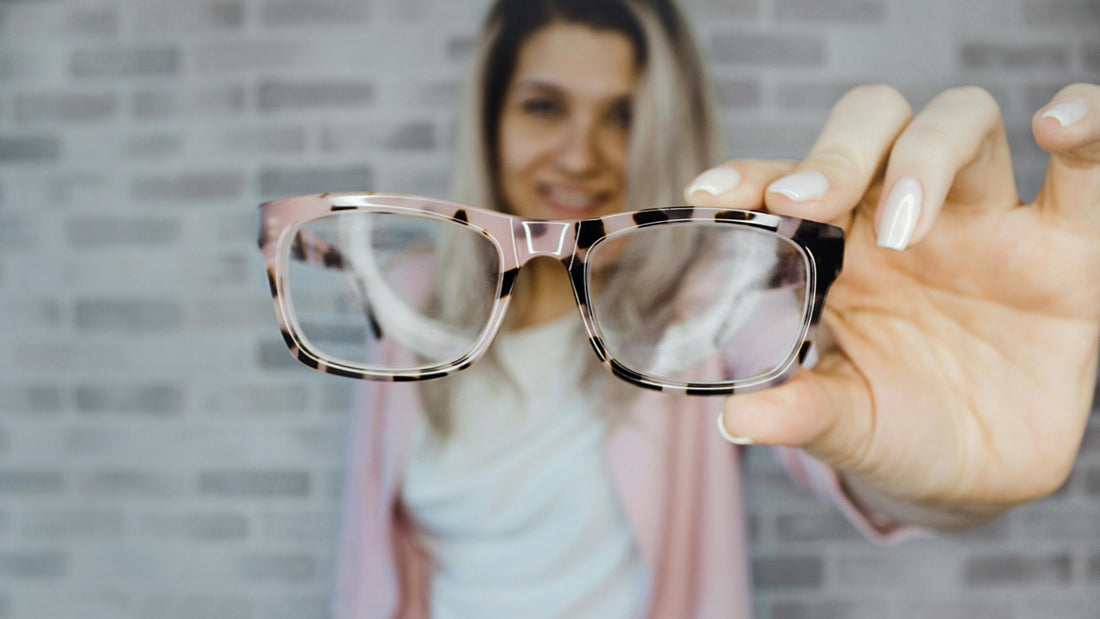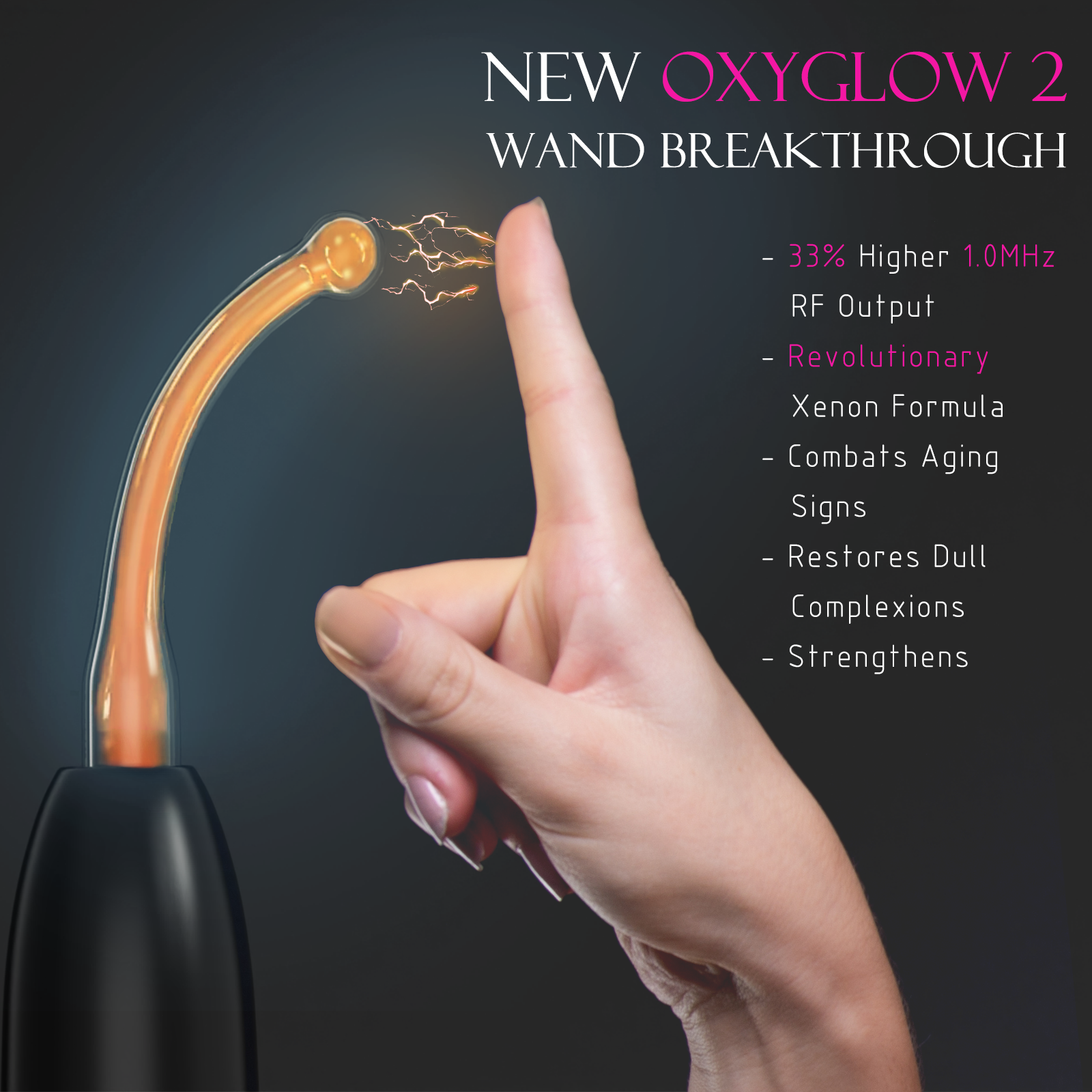Introduction
Nos yeux sont des organes vraiment incroyables qui nous permettent de percevoir le monde dans ses moindres détails. Cependant, dans notre vie moderne et trépidante, nos yeux sont constamment mis à rude épreuve par des facteurs tels que le temps passé devant un écran numérique, l'exposition aux UV et un mauvais éclairage. Négliger les soins oculaires appropriés peut entraîner une multitude de problèmes, allant de la fatigue oculaire chronique à des affections plus graves comme la cataracte et la dégénérescence maculaire.
C'est là qu'interviennent les soins oculaires professionnels. En collaborant avec des spécialistes qualifiés en soins oculaires, vous pouvez prendre des mesures proactives pour maintenir des yeux et une vision en bonne santé pendant des années. Dans ce guide complet, nous explorerons les éléments clés des soins oculaires professionnels, notamment les examens oculaires de routine, les traitements spécialisés et les habitudes de vie qui favorisent le bien-être oculaire.
Que vous soyez préoccupé par les effets de la fatigue oculaire numérique, que vous souhaitiez en savoir plus sur les dernières avancées en matière de correction de la vue ou que vous souhaitiez simplement donner la priorité à la santé oculaire à long terme, cet article vous fournira les connaissances et les outils nécessaires pour prendre des décisions éclairées concernant vos soins visuels. Plongeons-nous dans le vif du sujet et découvrons comment les soins oculaires professionnels peuvent transformer votre façon de voir le monde.
L’importance des examens oculaires réguliers
L’examen oculaire de routine est l’un des éléments fondamentaux des soins oculaires professionnels. Ces évaluations complètes, effectuées par des optométristes ou des ophtalmologistes agréés, sont essentielles pour surveiller la santé de vos yeux et détecter tout problème sous-jacent avant qu’il ne devienne grave.
Lors d'un examen oculaire standard, votre ophtalmologiste effectuera une série de tests pour évaluer la fonction et la structure de vos yeux. Cela comprend généralement :
- Test d'acuité visuelle : il mesure la clarté avec laquelle vous voyez à différentes distances, permettant à votre ophtalmologue de déterminer si vous avez besoin d'une prescription de verres correcteurs.
- Évaluation de la réfraction : votre ophtalmologue utilisera un phoroptère (un instrument spécialisé) pour mesurer précisément les erreurs de réfraction de vos yeux, telles que la myopie, l’hypermétropie et l’astigmatisme.
- Examen à la lampe à fente : en utilisant un faisceau lumineux brillant et étroit, l’ophtalmologue peut inspecter de près les structures antérieures de vos yeux, y compris la cornée, l’iris et le cristallin, pour vérifier toute anomalie ou tout signe de maladie.
- Tonométrie : ce test mesure la pression à l’intérieur de vos yeux, ce qui est un indicateur important de la santé oculaire et peut aider à détecter des maladies comme le glaucome.
- Examen des yeux dilatés : votre ophtalmologue utilisera des gouttes ophtalmiques pour dilater vos pupilles, lui permettant d’avoir une meilleure vue de la rétine et du nerf optique à l’arrière de vos yeux.
Au-delà de ces tests standards, votre ophtalmologiste peut également recommander des évaluations supplémentaires en fonction de vos besoins individuels, telles que des tests de vision des couleurs, une analyse de la perception de la profondeur ou des examens d'imagerie spécialisés.
Des examens oculaires réguliers sont non seulement essentiels pour maintenir une vision optimale, mais ils peuvent également permettre de détecter précocement diverses maladies et affections oculaires, telles que la cataracte, la dégénérescence maculaire et la rétinopathie diabétique. En détectant ces problèmes à un stade précoce, votre ophtalmologiste peut élaborer un plan de traitement personnalisé pour vous aider à préserver votre vue et votre santé oculaire globale.
Options de correction de la vue
L’une des principales raisons pour lesquelles les gens font appel à des soins oculaires professionnels est de traiter les erreurs de réfraction, qui sont les problèmes de vision les plus courants. Les erreurs de réfraction se produisent lorsque l’œil est incapable de focaliser correctement la lumière, ce qui entraîne une vision floue ou déformée. La bonne nouvelle est qu’il existe une variété d’options de correction de la vue disponibles pour vous aider à voir clairement et confortablement.
Lunettes et lentilles de contact
Pour de nombreuses personnes, la solution idéale pour les erreurs de réfraction est une prescription de lunettes ou de lentilles de contact. Ces lentilles correctrices fonctionnent en courbant et en réfractant la lumière de manière à ce qu'elle se concentre correctement sur la rétine située au fond de l'œil. Votre ophtalmologiste travaillera avec vous pour déterminer le type de lentille, la puissance et l'ajustement appropriés à vos besoins visuels et à votre style de vie.
Les progrès de la technologie des verres ont rendu les lunettes et les lentilles de contact plus confortables, plus durables et plus esthétiques que jamais. Par exemple, les verres de lunettes modernes peuvent être recouverts d'un revêtement antireflet et résistant aux rayures, tandis que les lentilles de contact sont disponibles dans une large gamme de matériaux, de modèles et de calendriers de remplacement pour s'adapter aux différentes exigences et préférences visuelles.
Chirurgie réfractive
Pour ceux qui préfèrent une solution plus permanente, la chirurgie réfractive peut être une option à considérer. Ces interventions chirurgicales, telles que le LASIK, le PRK et l'ICL, utilisent une technologie laser avancée pour remodeler la cornée (la partie transparente située à l'avant de l'œil) afin de corriger les erreurs de réfraction.
Les avantages de la chirurgie réfractive peuvent changer la vie des patients, car elle réduit ou élimine souvent le besoin de lentilles correctrices. Les patients qui subissent ces interventions bénéficient souvent d'une meilleure acuité visuelle, d'une moindre dépendance aux lunettes ou aux lentilles de contact et d'une meilleure qualité de vie.
Il est important de noter que la chirurgie réfractive ne convient pas à tout le monde et que votre ophtalmologiste évaluera soigneusement la santé de vos yeux, votre prescription et votre aptitude générale à subir ces interventions. De plus, comme pour toute intervention chirurgicale, il existe des risques et des effets secondaires potentiels qui doivent être discutés en détail avec votre ophtalmologiste.
Traitements de la vue spécialisés
En plus des options de correction de la vue standard, les professionnels de la vue peuvent également proposer des traitements spécialisés pour des problèmes visuels plus complexes. Ceux-ci peuvent inclure :
- Orthokératologie (Ortho-K) : une procédure non chirurgicale qui utilise des lentilles de contact spécialement conçues pour remodeler temporairement la cornée et corriger les erreurs de réfraction.
- Lentilles sclérales : grandes lentilles de contact perméables au gaz qui reposent sur la partie blanche de l’œil (sclère), offrant une solution efficace pour les personnes ayant une cornée irrégulière ou une sécheresse oculaire sévère.
- Thérapie visuelle : une série d’exercices et d’activités conçus pour améliorer les compétences visuelles, telles que le suivi oculaire, la concentration et la coordination.
En travaillant en étroite collaboration avec un professionnel de la vue qualifié, vous pouvez explorer la gamme complète d’options de correction de la vision et de traitement spécialisé pour trouver la solution qui répond le mieux à vos besoins et préférences uniques.
Protégez vos yeux au quotidien
Si les soins oculaires professionnels sont essentiels pour maintenir la santé oculaire à long terme, vous pouvez également prendre de nombreuses mesures dans votre vie quotidienne pour protéger vos yeux et favoriser une vision optimale. Voici quelques stratégies clés à prendre en compte :
Gérer la fatigue oculaire numérique
Dans notre monde de plus en plus numérique, beaucoup d'entre nous passent des heures chaque jour devant un écran, que ce soit pour travailler, se divertir ou socialiser. Cette exposition prolongée à la lumière bleue et la mise au point rapprochée requise peuvent entraîner une pathologie appelée fatigue oculaire numérique, qui peut provoquer des symptômes tels que des maux de tête, une vision floue et des yeux secs.
Pour lutter contre la fatigue oculaire numérique, essayez de suivre la règle 20-20-20 : toutes les 20 minutes, faites une pause de 20 secondes pour regarder quelque chose à 6 mètres de distance. Vous pouvez également investir dans une paire de lunettes anti-lumière bleue, régler la luminosité et le contraste de votre écran et positionner vos appareils numériques à la distance et à l'angle de vision appropriés.
Protégez-vous contre l'exposition aux UV
Tout comme notre peau a besoin d'être protégée des rayons UV nocifs du soleil, nos yeux ont également besoin d'être protégés. Une exposition excessive aux UV a été associée au développement de maladies telles que la cataracte, la dégénérescence maculaire et même le cancer de l'œil. Lorsque vous passez du temps à l'extérieur, assurez-vous de porter des lunettes de soleil ou un chapeau à large bord pour minimiser les risques.
Maintenir un mode de vie sain
Votre santé et votre bien-être général peuvent avoir un impact significatif sur la santé de vos yeux. Une alimentation riche en nutriments, une bonne hydratation, une activité physique régulière et une bonne gestion du stress peuvent tous contribuer à la santé et au bon fonctionnement de vos yeux. De plus, arrêter de fumer et contrôler les maladies chroniques comme le diabète peuvent contribuer à réduire le risque de maladies menaçant la vue.
Pratiquez une bonne hygiène
De simples habitudes d'hygiène, comme se laver régulièrement les mains et éviter de se toucher les yeux avec des doigts sales, peuvent contribuer grandement à prévenir les infections et irritations oculaires. Il est également important de bien nettoyer et entretenir les lentilles de contact ou les lunettes que vous utilisez, ainsi que de les remplacer selon les recommandations de votre ophtalmologiste.
En intégrant ces pratiques quotidiennes de soins oculaires à votre mode de vie, vous pouvez compléter les soins professionnels que vous recevez et adopter une approche proactive pour préserver votre précieuse vue pour les années à venir.
Conclusion
Nos yeux sont vraiment remarquables et méritent le plus haut niveau de soins et d’attention. En collaborant avec des professionnels de la vue qualifiés et en adoptant des habitudes saines dans notre vie quotidienne, nous pouvons prendre des mesures proactives pour protéger notre vision et maintenir une santé oculaire optimale.
Les examens oculaires réguliers constituent la base des soins oculaires professionnels, permettant aux ophtalmologistes de détecter et de traiter tout problème de vision ou affection sous-jacente avant qu'il ne devienne un problème grave. Des verres correcteurs standard à la chirurgie réfractive avancée et aux traitements spécialisés, il existe une large gamme d'options de correction de la vue disponibles pour répondre aux besoins uniques de chaque individu.
Au-delà de la clinique, il existe de nombreuses façons de protéger nos yeux dans notre vie quotidienne. Des stratégies telles que la gestion de la fatigue oculaire numérique, la protection contre l’exposition aux UV, le maintien d’un mode de vie sain et la pratique d’une bonne hygiène peuvent toutes contribuer à la santé et au fonctionnement à long terme de nos yeux.
En adoptant les principes de soins oculaires professionnels et en les intégrant à notre routine quotidienne, nous pouvons garantir que nos yeux restent en bonne santé, forts et capables d'appréhender le monde qui nous entoure avec clarté et émerveillement. Que vous soyez préoccupé par les effets de la vie moderne sur votre vision ou que vous souhaitiez simplement donner la priorité à votre santé oculaire à long terme, ce guide complet vous a fourni les connaissances et les outils nécessaires pour prendre des décisions éclairées concernant vos soins visuels.
N'oubliez pas que nos yeux sont un cadeau précieux et qu'en prenant les mesures nécessaires pour les protéger et en prendre soin, nous pouvons accéder à un monde de possibilités et profiter d'une vision claire et éclatante toute notre vie. Alors faisons de la santé oculaire une priorité absolue et embarquons-nous dans un voyage vers des soins oculaires professionnels qui nous seront utiles aujourd'hui et dans les années à venir.
Offre à durée limitée | Masque pour les yeux chauffant à la vapeur Lucsuer 🔥
Si vous ressentez la tension due à de longues heures passées devant des écrans ou si vous souhaitez simplement vous offrir une relaxation bien méritée, le masque pour les yeux chauffant à la vapeur Lucsuer est la solution parfaite.
💡 Offre à durée limitée : Profitez dès maintenant de 10 % de réduction supplémentaire sur votre achat ! Ne manquez pas cette offre exclusive, vos yeux vous remercieront.
👉 Achetez le masque pour les yeux chauffant à la vapeur Lucsuer® maintenant !
📅 Cette offre ne durera pas longtemps !
